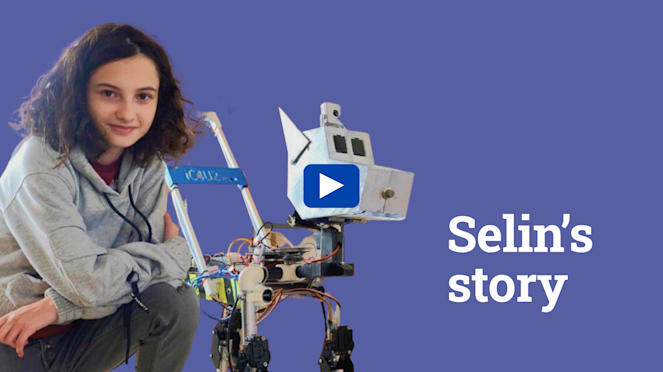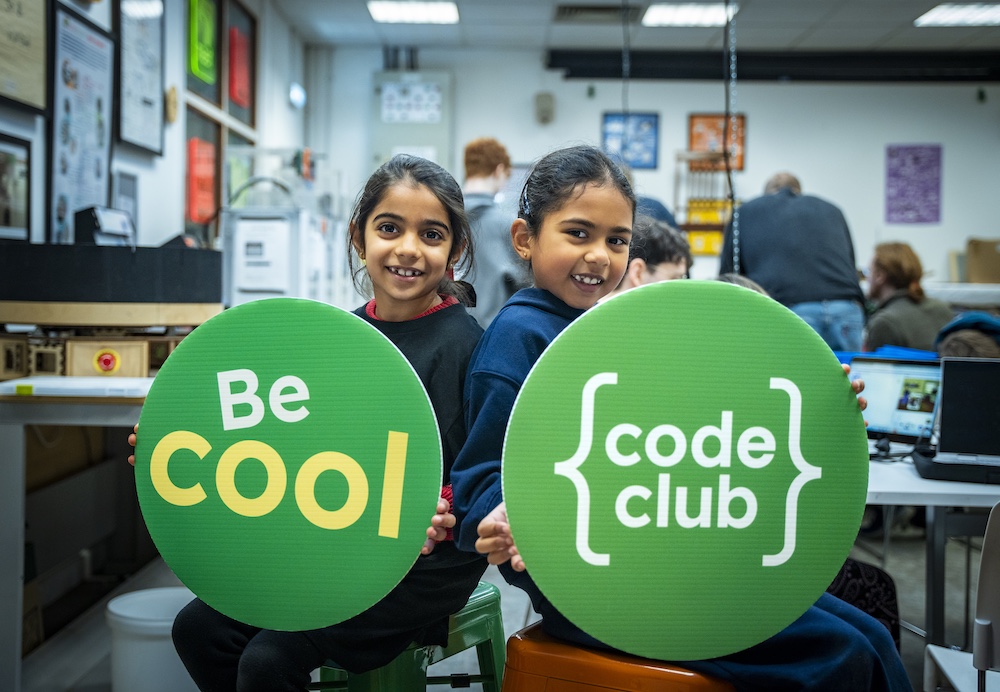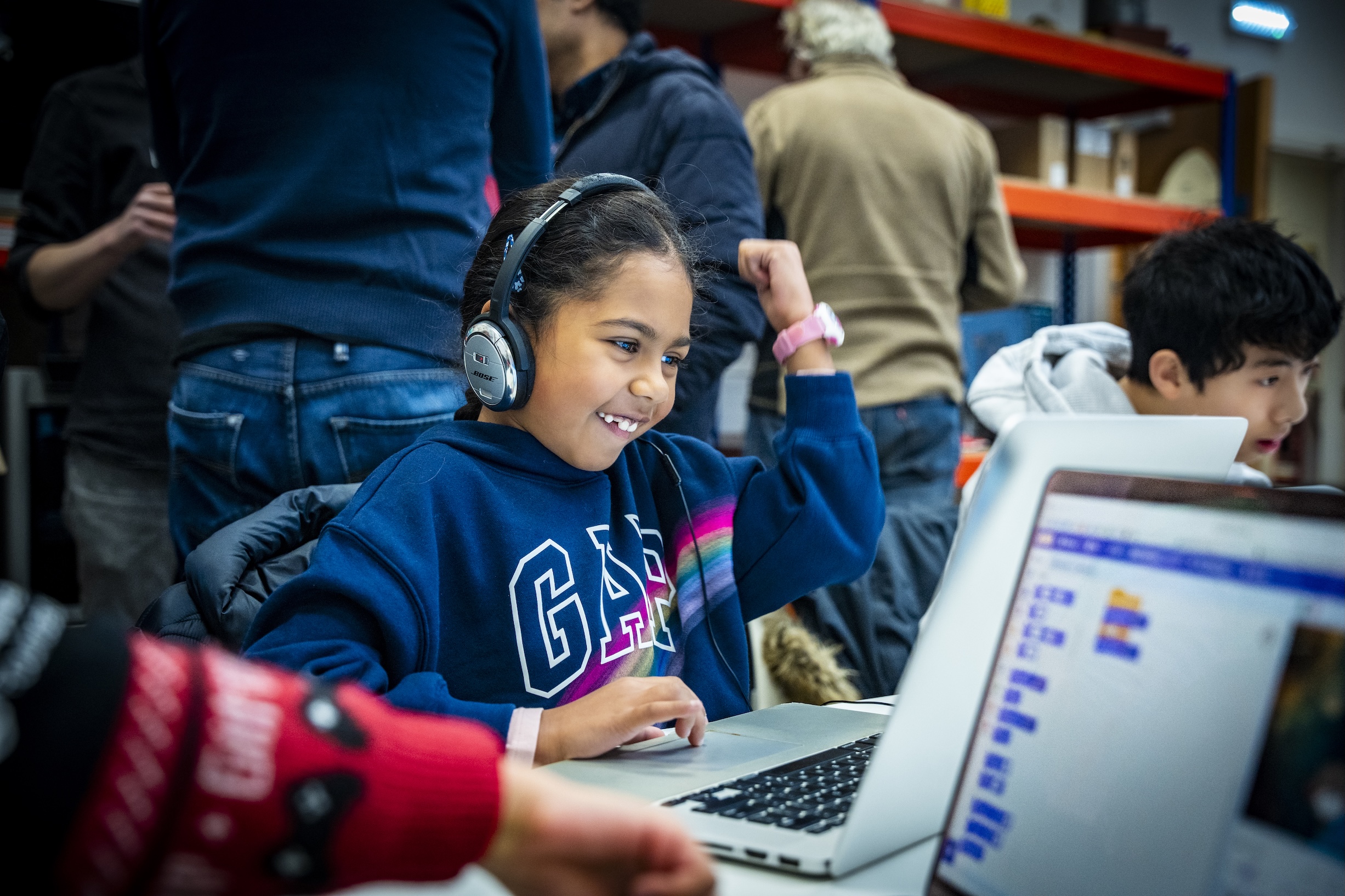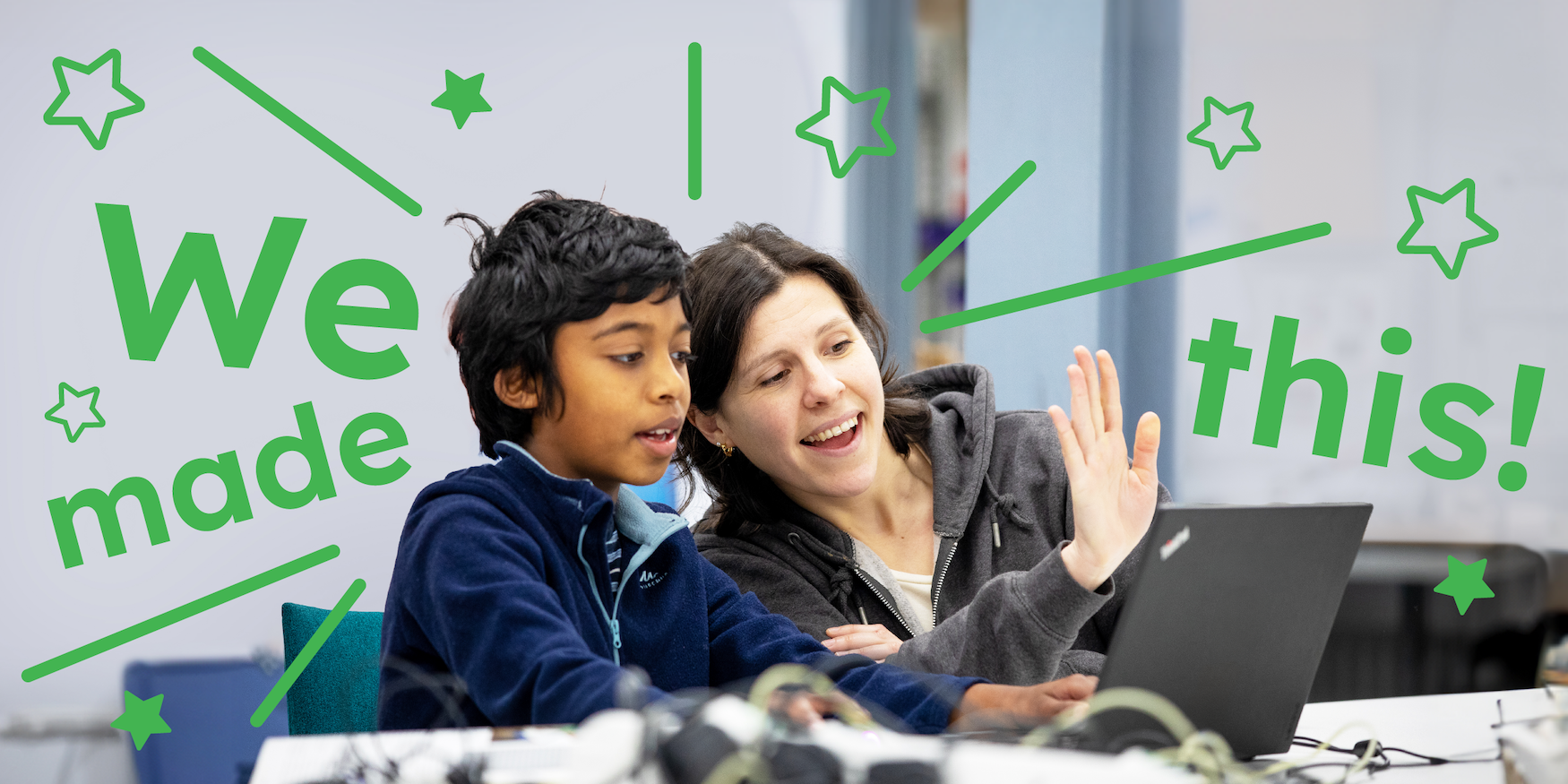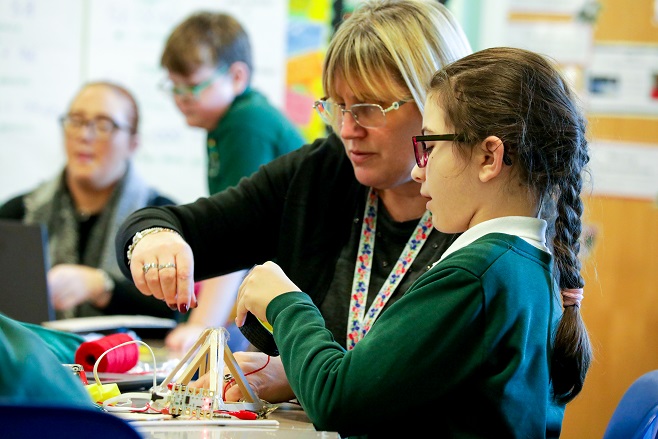Learn to code
On top of learning at school, we’re committed to helping young people learn about computing at home and in coding clubs.
Our free resources are created by specialist educators and are designed to be age-appropriate, safe, and easy to use.
Subscribe to our newsletter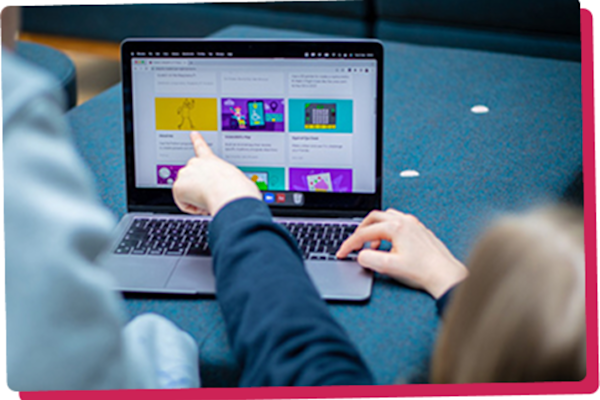
Join a coding club
Code Clubs are a fun and supportive place for young people to learn coding at their own pace.
Young people use free, step-by-step project guides specially created by us. Club mentors help them progress through these projects to create games, animations, and web pages.
Find a Code Club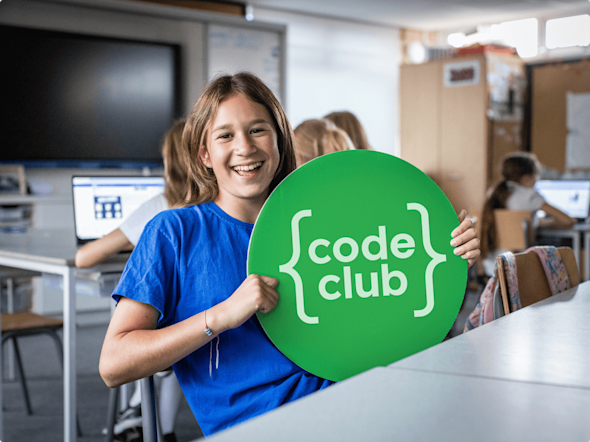
Learning at home
These activities help young people learn to code at home, but can also be used in classrooms and clubs.
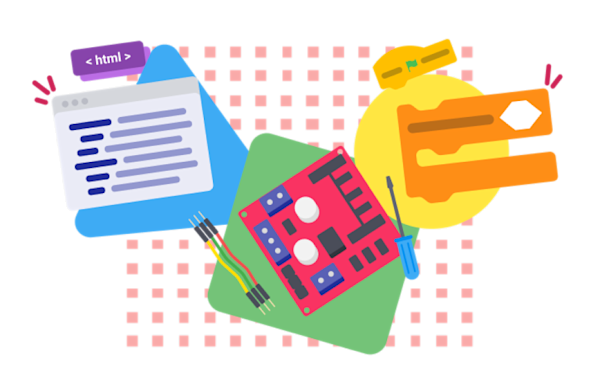
Guided projects
Our coding projects have step-by-step instructions to help kids, teenagers, and young adults of all skill levels learn to code.
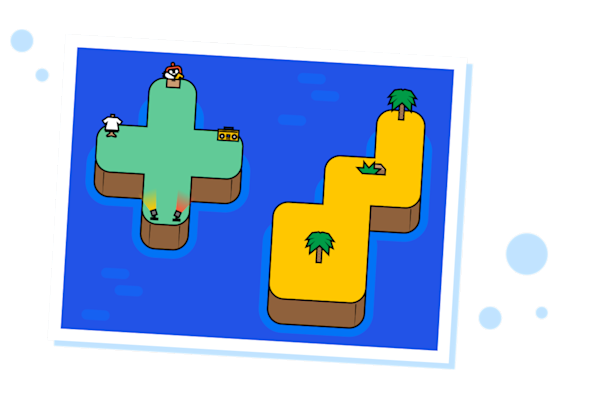
Games and activities
Aimed at younger children, Code Club World is full of fun games and activities to help introduce coding.
Challenges and showcases
There are lots of coding showcases to let young people from all around the world celebrate their best creations.

Code in space
The European Astro Pi Challenge gets young learners to write code that runs on the International Space Station.
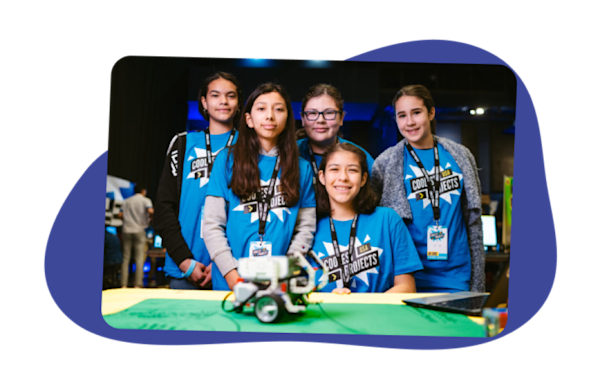
Explore Coolest Projects
Our annual technology showcase celebrates creations from young people all around the world.
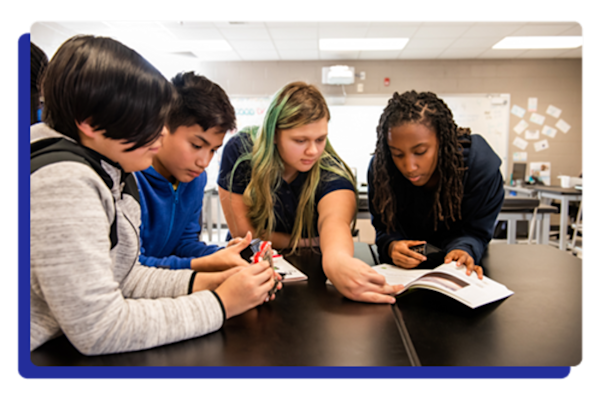
Machine learning and AI
An open-ended challenge that gives young people the real-world experience of developing their own AI app, powered by a machine learning model that they train.
“Be curious and courageous, and never let setbacks stop you, so you can actually accomplish your dream.”
When Selin discovered Coolest Projects, she set herself the task of making a robotic guide dog to showcase at the event. Selin has since built seven robots, and her enthusiasm shows no sign of stopping.
